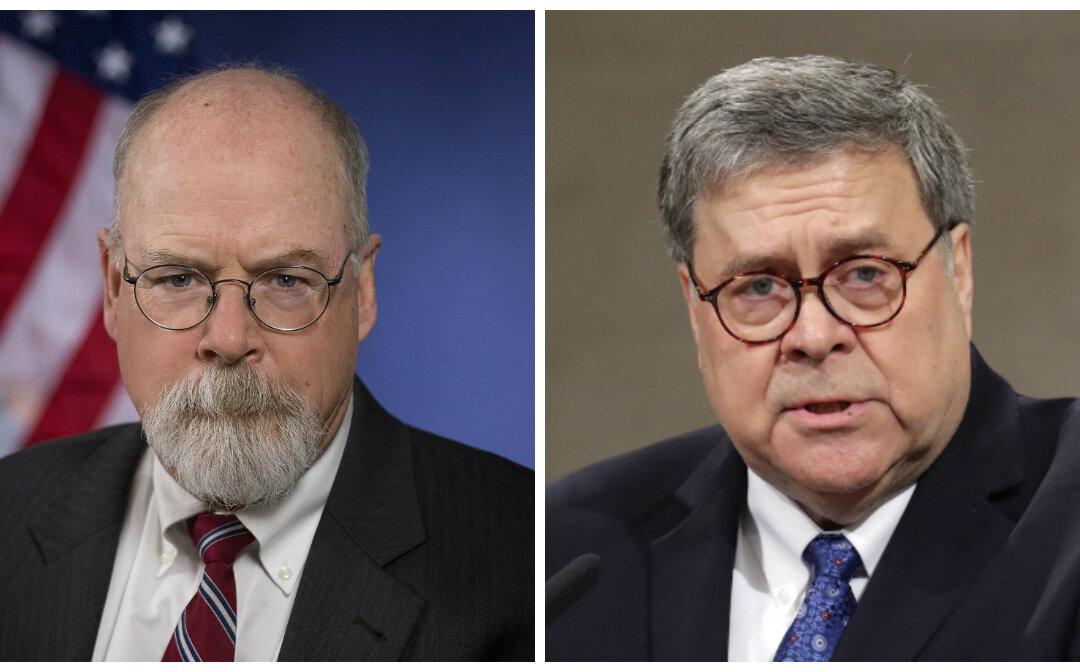The U.S. attorney reportedly appointed to investigate whether spying by the FBI on the Trump campaign was legal previously exposed a conspiracy between the bureau’s agents and mobsters to cover up for murders committed by mob informants.
Attorney General William Barr tasked U.S. Attorney John H. Durham in Connecticut to investigate whether spying on President Donald Trump’s presidential campaign in 2016 was adequately predicated, according to Reuters. The Department of Justice didn’t respond to a request to confirm the appointment.





